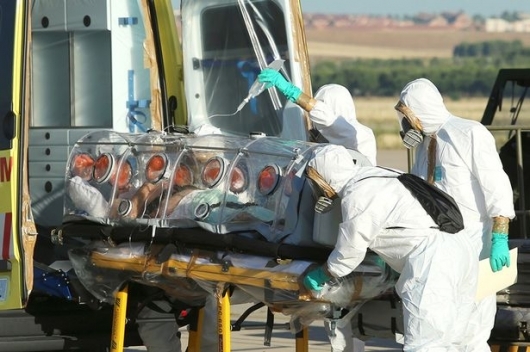
Ghana’s commitment to fighting corruption, giving exemplary leadership and maintaining good governance structures convinced the United States of America (USA) to make it a beneficiary of the second batch of funds disbursed under the Millennium Challenge Account (MCA), the US Ambassador to Ghana, Mr Gene A. Certz, has disclosed.
The country’s status as a beneficiary of the second compact of the MCA was “very rare,” the ambassador said, but explained that it was due to the confidence his country had in Ghana’s current leadership style.
“The MCA compact is a very serious endeavour because the focus has been on private and public sector money and they are very careful that there are no cost overruns or anything like that.
Now, the reason that Ghana got the second compact, which is very rare, is because we now have confidence and faith in the people who govern here and the whole process that those projects can be done and be done without corruption and they can be done in a time-phase manner that satisfies both sides,” Ambassador Cretz said to a visiting business delegation from the US City of Wichita.
The second compact is US$498 million and was signed for earlier this month.
The delegation was made up of business people from aviation, education and trade, among others, who are here to explore business opportunities in the country as well as find local partners.
It is led by the city’s Mayor, Mr Carl Brewer, and is expected to hold business discussions with authorities at the Ghana Investment Promotion Council (GIPC), the Ghana Chamber of Commerce and Industries (GCCI), among other corporate and individual investors.
Second MCA compact
The MCA, which is administered by the Millennium Challenge Corporation (MCC) based in the USA, was created by that country’s government in 2004 to provide grant assistance to developing countries with the aim of helping to improve the livelihoods of their citizens.
The corporation has since disbursed over US$7 billion to many countries worldwide under the first and second compacts.
Under the first compact, Ghana received US$547 million; a chunk of which was used to support the country’s agricultural sector, develop road infrastructure and fund policy formulations and implementations in these sectors.
The second compact is earmarked for the power sector to , among others, help improve distribution challenges to enable private sector investors to invest in that segment of the business.
Mr Cretz’s comments on the second compact of the MCA, which is expected to hit the Ghana government accounts soon, was in response to a concern from one of the delegates on how the USA government would ensure that projects funded by the second compact would not suffer completion delays.
Such delays, the delegate said, led to unnecessary inflations in the cost of the projects, an inconvenience that has to be suffered by the financier.
Ambassador Cretz, however, assured that the MCA’s previous experience with Ghanaian authorities showed that such challenges would not surface given the latter’s commitment to ensuring efficiency and transparency in the utilisation of the funds.
“There is a very strict timetable and now that the compact has been signed, we are in the process of working out all of the different projects in all the different timelines and the obligations that have to be met by not only from our side in terms of the disposition of money but also by the Ghanaian side for the fulfilment of certain conditions.
There is no intention on the part of the MCA to let any of these projects go beyond the time period, which I think is around four to five years,” Ambassador Cretz said.
The business delegation is expected to stay in the country from now till October 6 within which they would have explored various business opportunities as well as found people and institutions they can partner.



